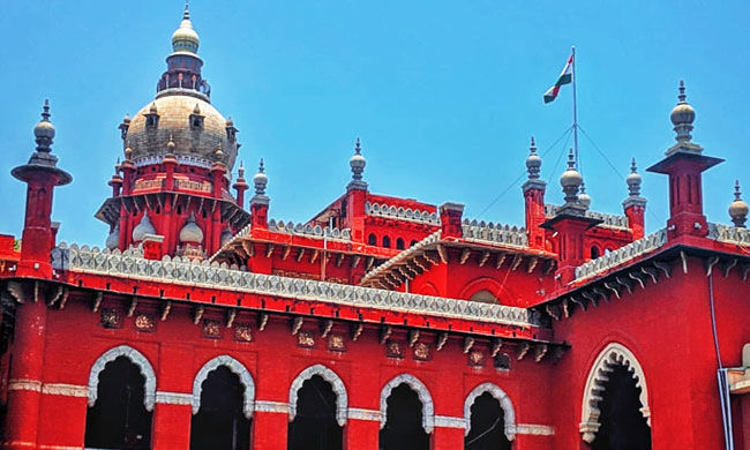Parties Can Deviate From Terms Of Jurisdiction Under The Arbitration Clause Only Once: Madras High Court
Parina Katyal
12 Sept 2022 3:30 PM IST

Next Story
12 Sept 2022 3:30 PM IST
The Madras High Court has ruled that the parties have got the liberty to deviate from the terms with respect to the jurisdiction, as contained in the Arbitration Clause; however, the number of such deviations is limited to only one. The Single Bench of Justice R.N. Manjula held that waiver of the jurisdiction clause contained in the arbitration agreement can be presumed from the...
